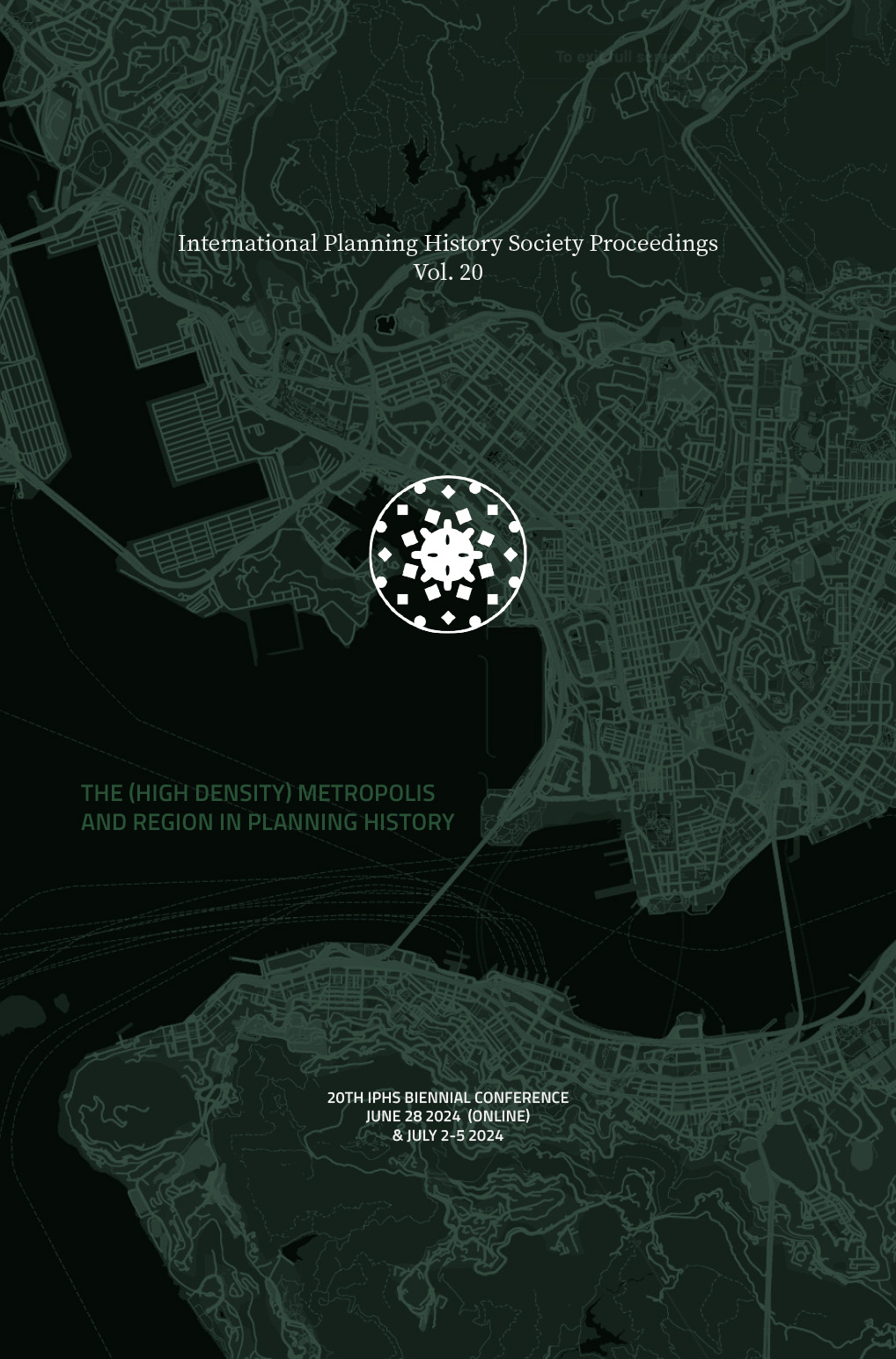Towards the "Democratization of Urban Planning"
The Realities of Social and Urban Planning Change in Japan's Post-W.W. II Reconstruction Period
DOI:
https://doi.org/10.7480/iphs.2024.1.7646Abstract
Urban reconstruction after W.W. II was a common experience for war-torn European and Asian cities. However, as a defeated country, Japan's urban planning had to do more than just physically rebuild its cities; it had to update the character of urban planning for postwar society. The central idea behind the transformation of Japan's postwar society was "democratization”. This paper aims to clarify what the "democratization of urban planning" was in Japan's postwar reconstruction period. First, mainly based on articles in the magazine Fukkō Jōhō, published by the War Damage Reconstruction Agency, it is confirmed that the main issues of "democratization of urban planning" were criticism of bureaucratic self- righteousness in prewar urban planning and private sector participation in urban planning. The practice of "democratization of urban planning" in the Tokyo Metropolitan Government's war reconstruction plan is summarized. Finally, the content and reality of the Urban Reconstruction Exhibition, which was toured major cities nationwide is mentioned. In the conclusion, however, it is pointed out that while these attempts were made, there was no institutionalization of citizen participation, no mechanism for utilizing private sector urban planning proposals, and in general, the "democratization of urban planning" remained an ideology.
Downloads
Published
How to Cite
Issue
Section
License
Copyright (c) 2024 Naoto Nakajima

This work is licensed under a Creative Commons Attribution 4.0 International License.

